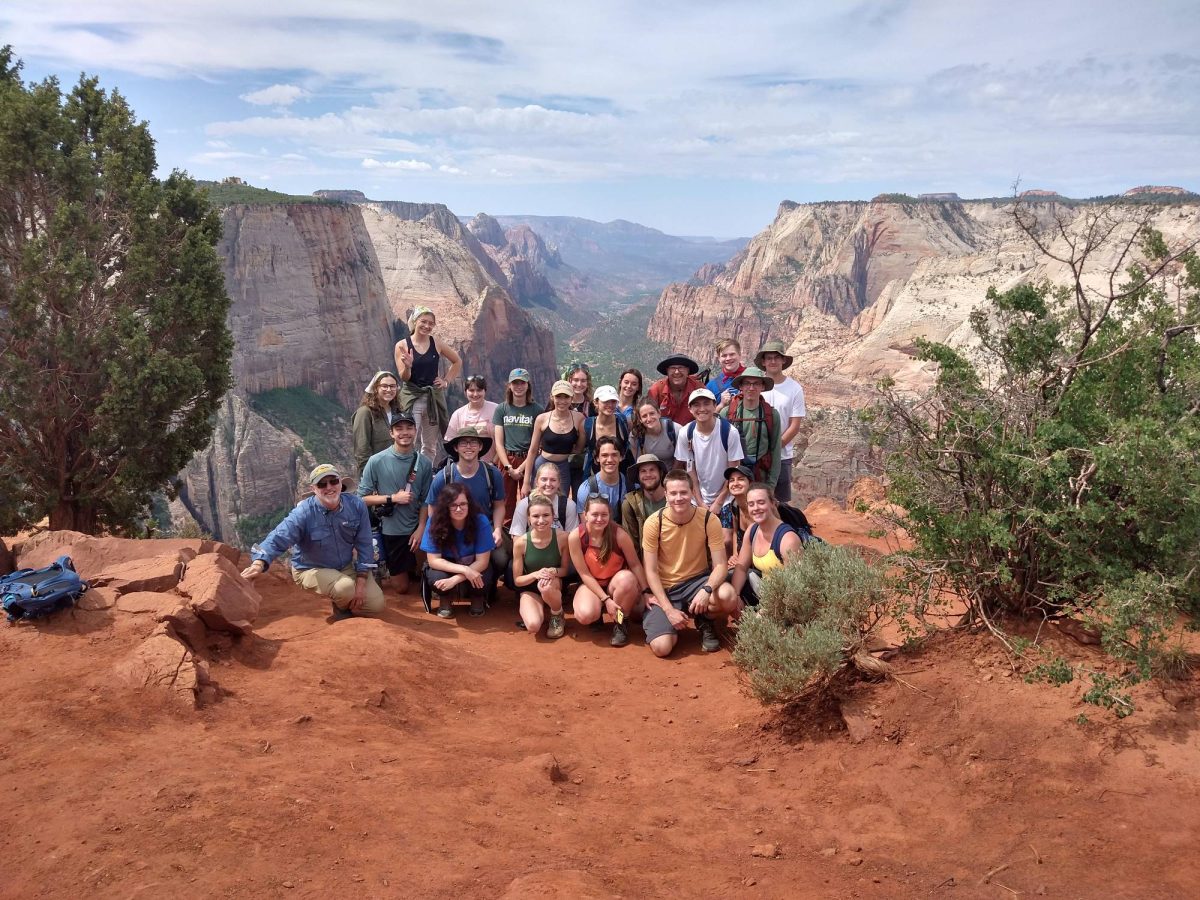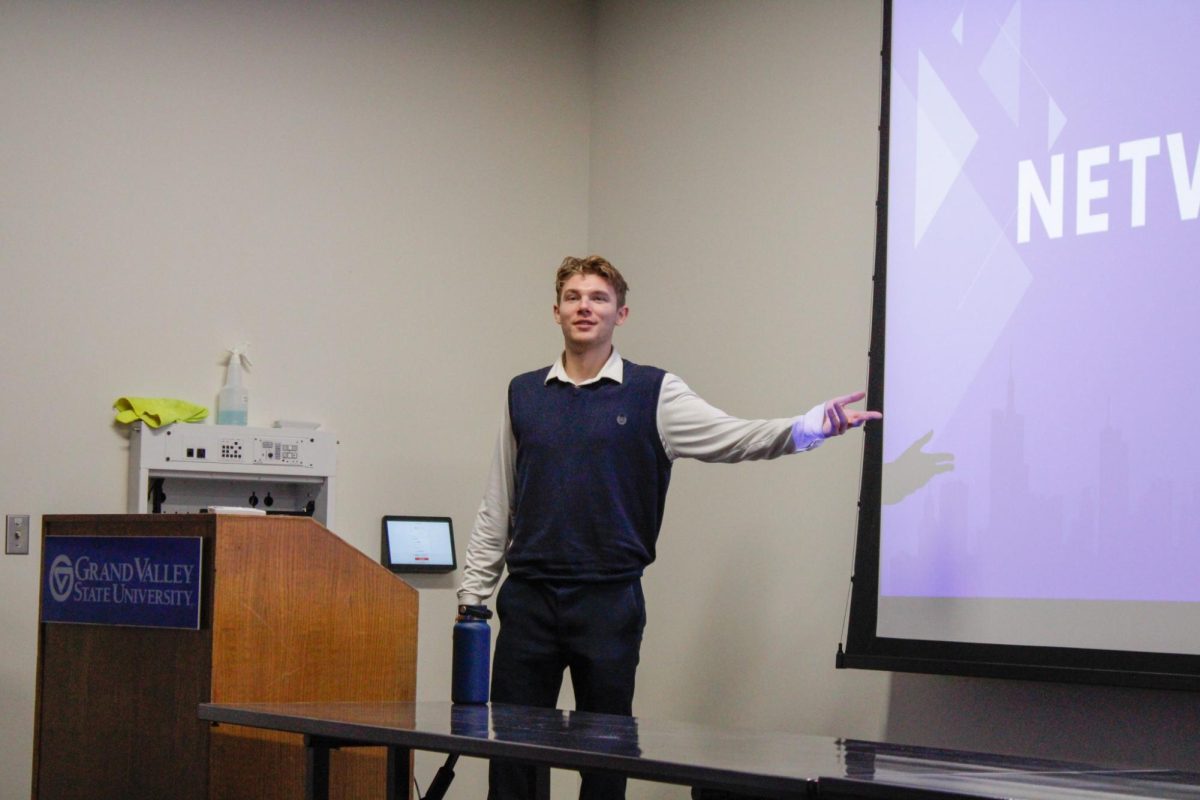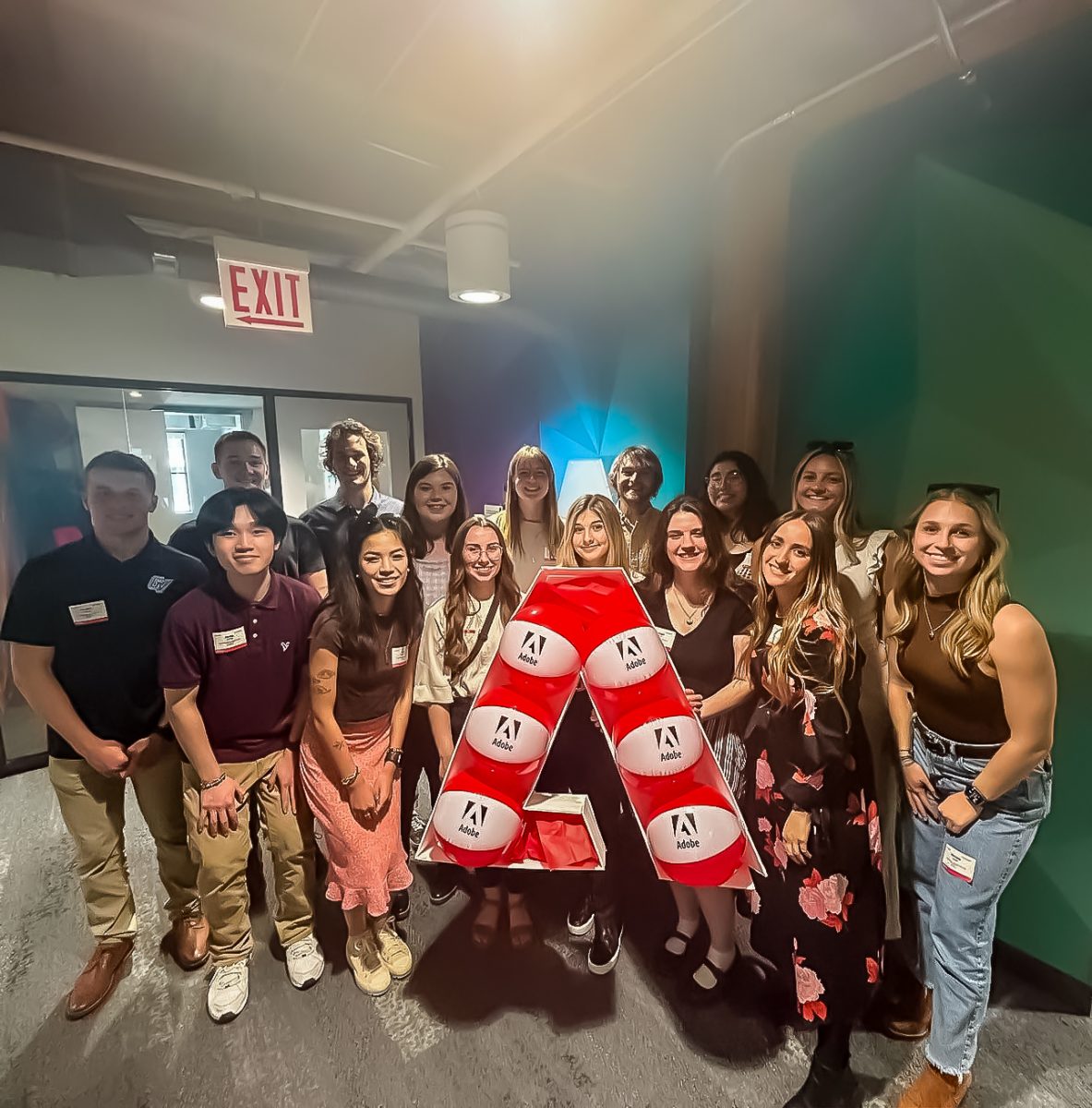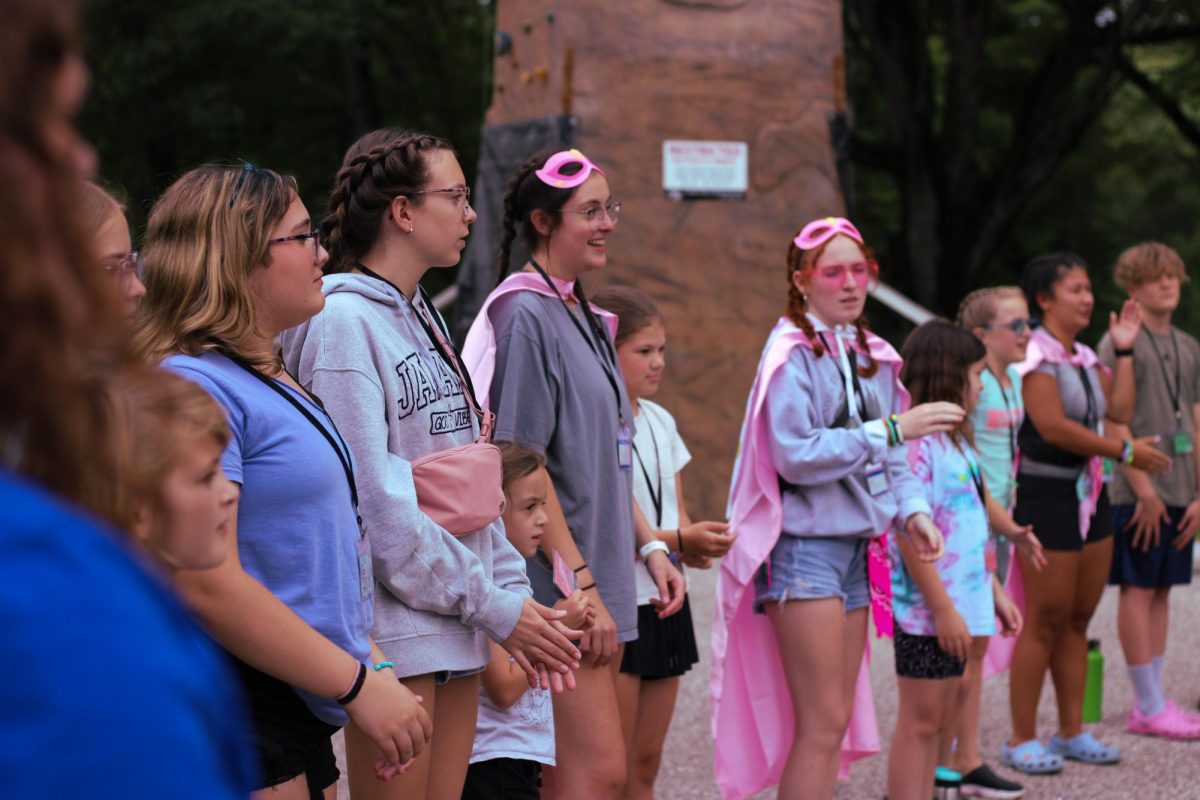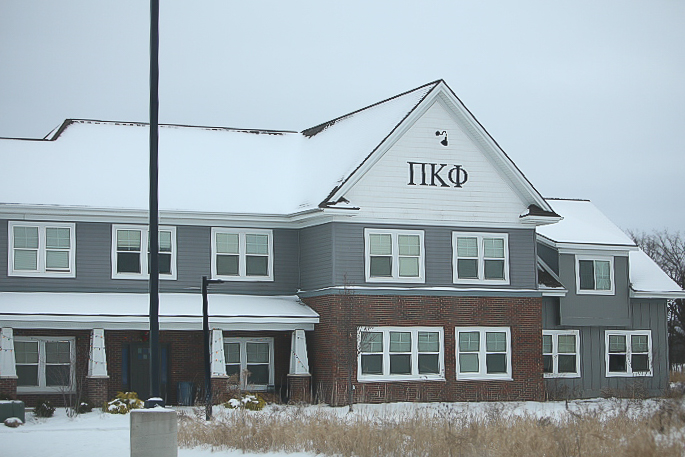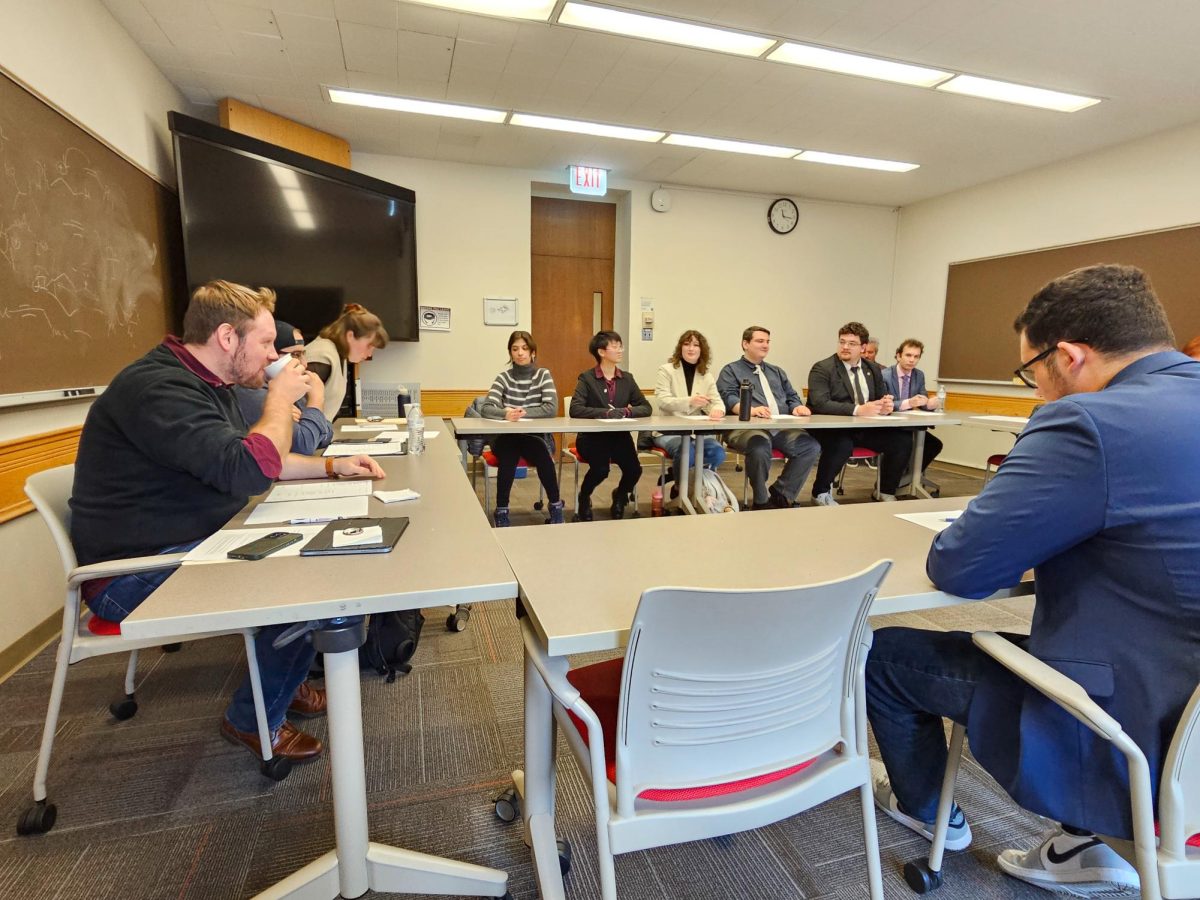Over the course of 6,300 miles, 27 days and 12 states, a group of 22 Grand Valley State University students and two professors took a trip full of education and adventure through the southwestern United States.
The GVSU ‘Water in the West‘ spent most of their time in the states of Colorado, Utah, Arizona and New Mexico to learn about water issues throughout the United States.
“We wanted to provide students with a study abroad-like experience without the complexity of going out of the country,” said Geology and Fredrick Meijer Honors College Professor Peter Wampler.
The trip was spearheaded by professor Wampler and Professor Peter Riemersma, geology professors who specialize in water at GVSU.
“(There are) some amazing things to see and it’s really a cross-cultural experience even though we’re in the United States because it is so different,” Wampler said.
Although this was an environmentally focused trip, students from various academic disciplines including legal studies, biomedical sciences and engineering.
Morgan Braddock a sophomore psychology major at GVSU said she was able to apply the knowledge gained from this trip to the material she studies in her classes.
“I would say that the trip kind of opened my eyes to other people and how I could deal with other people in different ways and how people are very different, and as a psychology major,” Braddock said. “That was probably one of the best parts because I got to learn so much about human behavior with the other students that I was working with.”
Wampler said throughout the course of this trip, students activated their “courageous curiosity.” He said the trip consisted of hikes that took up to four and five hours long while also critically thinking about how the environment around them came to be.
“It’s like a living textbook, it’s like something that comes alive and teaches you rather than you just reading it and kind of passively receiving it,” said Wampler.
Evan Hodson a recently graduated geography major said that one of his favorite parts of the trip was this visual “living textbook” was realizing how sedimentary layers can serve as a time capsule” allowing researchers us to reverse engineer natural history with “remarkable” accuracy.
In addition to learning new concepts within a natural setting, students were able to make new connections to students at GVSU and form new networks of people.
“This experience will likely change your life and the way you see yourself and the world. You will grow in your confidence, knowledge, and experience as we meet and overcome challenges together. You will meet and make deep friendships with your fellow travelers,” Wampler said.




